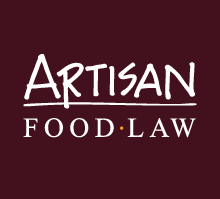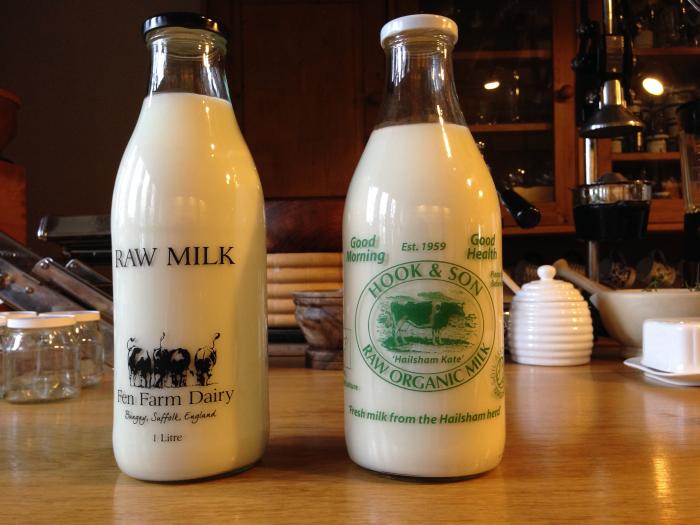Raw milk consultation outcome published – good news with due credit to the FSA
The pasteurisation of all milk cannot be justified and raw milk vending machines have a place – say the Food Standards Agency.
The Food Standards Agency’s (FSA) consultation undertaken as a part of its review of the controls governing the sale of raw drinking milk and cream closed on 30 April. True to its word, the FSA published the outcome of this consultation last Friday. Steve Wearne, the FSA’s Director of Food Safety, summarises the outcome in a report for consideration by the Board of the FSA later this month. A full response to the comments submitted is expected to be published before 30 July.
The responses – all 536 – were overwhelmingly in support of greater access to raw drinking milk with just four respondents calling for the pasteurisation of all milk. What has the FSA made of them all? Due credit to the FSA for what is, on the whole, good news. The pasteurisation of all milk would not, it says, be a proportionate response to the situation, although full liberalisation of sales, which few have argued for anyway, is not appropriate either. The FSA are clear that current controls are effectively managing potential risks, while it identifies a need to modernise them it is not yet clear what this involves.
In similar vein, a prohibition on the retail sale of sheep, goat and buffalo raw milk would not be a proportionate response. Contrary to the FSA’s initial understanding, the impact on businesses producing non-bovine milk would be significant and, while consistency of controls across species is desirable, it cannot be justified.
In short, the FSA’s preferred option – the harmonisation and clarification of current controls - requires further consideration. This includes exploring mechanisms to allow for wider consumer access to raw drinking milk from cows, in particular by means of vending machines, and the controls required so this can safely take place. The task is to manage any public health risk, facilitate informed consumer choice and manage the burden placed on business and the cost of controls. Research reveals that 2% of the population have consumed raw milk in the past six months, 1% do so on a daily basis and 19% want to buy raw milk in the future which leaves plenty of scope for growth in sales.
The recognition that raw milk vending machines have a role to play is welcome. The FSA now accepts that:
“… if the producer were to retain responsibility for vending machines this would be an extension to the current provisions which allow sales direct from the farmer. The review concluded that risks associated with sales via vending machines could be controlled using routine food safety controls as applied by businesses in other sectors e.g. maintaining correct chill temperatures.”
The possibilities for the use of vending machines are to be further explored.
A further area for consideration is improved assurance on the farm. Raw milk producers are already subject to much higher standards of production than dairy farms where milk is destined to be pasteurised. This could involve a licensing scheme governing on-farm safety and production practices. In addition, enhanced microbiological testing, which a number of raw milk producers already carry out, may become a requirement. In visits to a number of producers the FSA recognised that strict controls were being applied in managing potential risks. In the case of those farmers who wish to continue with direct from the farm sales only some flexibility could be offered, including exemption from enhanced testing.
So, on the whole, a lot to be welcomed at this stage but there are several hurdles yet to overcome. It remains to be seen what the Board of the FSA will do on 23 July next when they consider their Director of Food Safety’s report. You can watch on the day when raw drinking milk comes up on the agenda at about 9.50am. If the Board agrees, further consideration and consultation on the FSA’s modified preferred option would follow before any final recommendations are made.
All this will take time and any final decisions will likely be taken some time in 2015 since account is to be taken of recommendations arising from the European Food Safety Authority’s review of the available raw drinking milk controls and their effectiveness expected at the end of this year.
The future for raw milk, however, looks much brighter than it did at the start of the FSA’s review – and credit for that goes to some dedicated family raw milk producers and their advocates!





